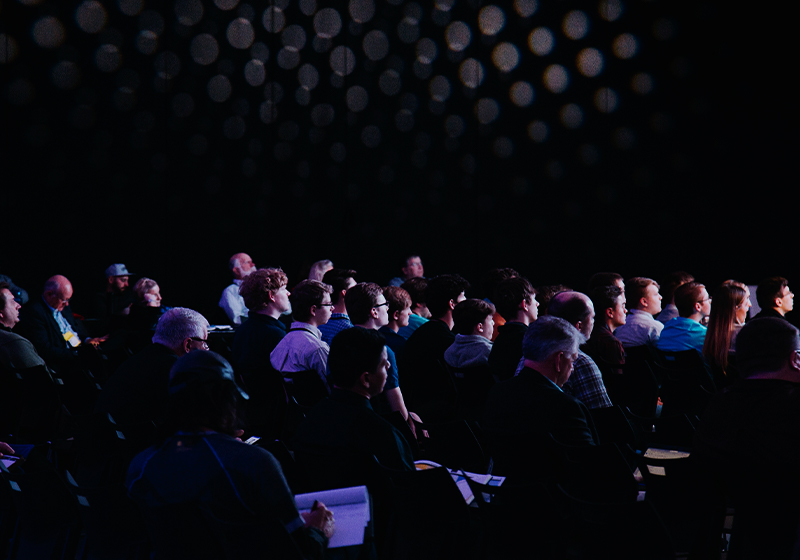 Local do evento: Instituto de Física da UFF - sala 201 Av. Gal. Milton Tavares de Souza, s/no. Campus da Praia Vermelha. Niterói, RJ, Brasil
Local do evento: Instituto de Física da UFF - sala 201 Av. Gal. Milton Tavares de Souza, s/no. Campus da Praia Vermelha. Niterói, RJ, Brasil
Nosso próximo encontro do COLMEA será no dia 25 de outubro (quarta-feira) no IF-UFF. Na ocasião teremos a seguinte programação:
14:00h - Alexis Hernández Nuñez (IF - UFRJ) - "Modelling how social network algorithms can influence opinion polarization"
15:40h - Taiane Coelho Ramos (IC - UFF) - "O que é neurociência computacional?"
Todos são muito bem-vindos.
Mais informações sobre o COLMEA podem ser encontradas AQUI.
Resumo: Modelling how social network algorithms can influence opinion polarization - Alexis Hernández Nuñez (IF - UFRJ)
The study of opinion dynamics in online social networks has garnered considerable attention in recent years. Numerous researchers have proposed models to simulate the communication process that mediates these dynamics. Such models consider users and their friendship relations as nodes and edges in a network, where the communication process takes place. Here, we present a model that considers not only the dynamic resulting from individuals’ behaviors but also the influence of the social network algorithm. The proposed model simulates communication in an online social network, in which randomly created posts represent external information. Users and friendship relations are encoded as nodes and edges of a network. The dynamic of information diffusion is divided into two processes, referred to as "post transmission" and "post distribution", representing the users’ behavior and the social network algorithm, respectively. Individuals also interact with the post content by slightly adjusting their own opinions and sometimes redefining friendships. Our results show that the dynamic converges to various scenarios, which go from consensus formation to polarization. Importantly, friendship rewiring helps promote echo chamber formation, which can also arise for particular networks with well-defined community structures. Altogether, our results indicate that the social network algorithm is crucial to mitigate or promote polarization.
Resumo: O que é neurociência computacional? - Taiane Coelho Ramos (IC - UFF)
A neurociência computacional é uma área em desenvolvimento e tem contribuído com os avanços das pesquisas em saúde. Técnicas computacionais nos possibilitam entender o funcionamento do cérebro, procurar por biomarcadores para doenças mentais e elaborar sistemas de auxílio ao diagnóstico que sirvam de suporte à prática clínica. Neste seminário vamos introduzir alguns conceitos fundamentais do funcionamento e anatomia cerebral, principais técnicas de coleta de dados anatômicos e funcionais do cérebro humano e técnicas computacionais para análise desses dados.
Atenciosamente,
O comitê organizador:
Americo Cunha (UERJ)
Evaldo M. F. Curado (CBPF)
João Batista M. Pereira (UFRJ)
Leandro P. R. Pimentel (UFRJ)
Maria Eulalia Vares (UFRJ)
Nuno Crokidakis (UFF)
Roberto I. Oliveira (IMPA)
Simon Griffiths (PUC-Rio)
Yuri F. Saporito (FGV EMAp)


